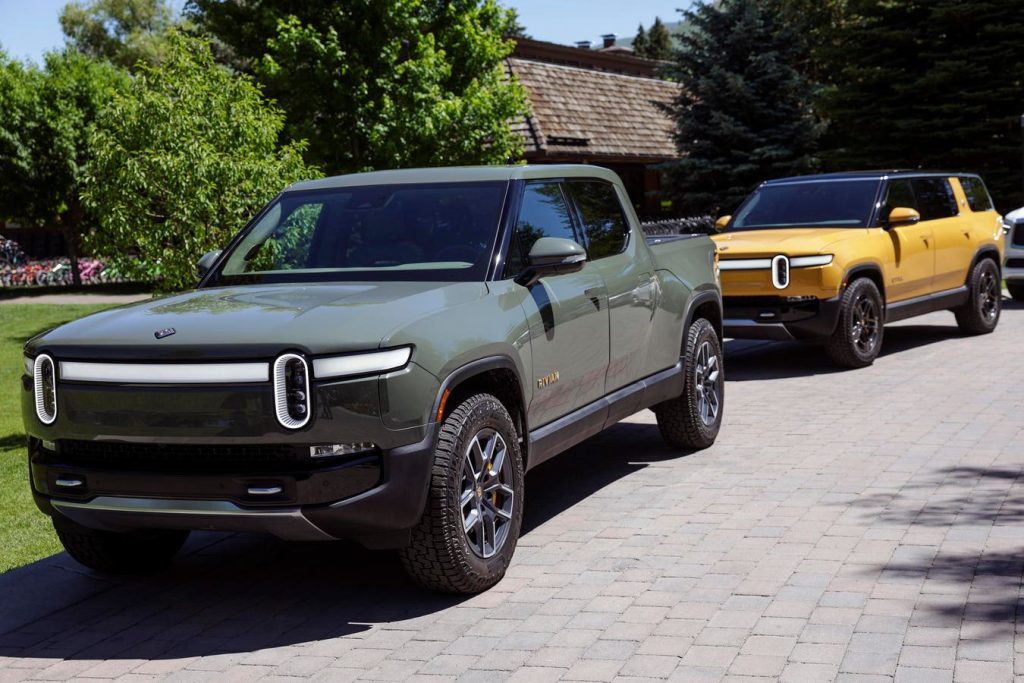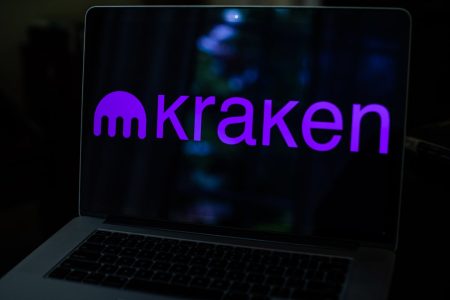Volkswagen shares have dived about 20% since the end of May, faster than other automotive players, and analysts worry that a steady stream of cooperation deals with inconsistent records show VW isn’t convinced about its future direction.
European automakers’ shares have been under pressure. Since late May, the STOXX Europe 600 has fallen about 9%. Recent news from VW has been mixed. There was its joint venture with Rivian, a slight profit outlook cut after news of a possible plant closure, and progress with its solid-state battery plans. News of a possible plant closure was a short-term negative, but also showed investors VW was serious about rationalizing its productivity, known to be way short of rivals like Toyota.
Volkswagen’s $5 billion deal with Rivian was praised although some analysts worried its huge capital investment spending plan might be harder to control, especially given the company’s unwieldy ownership structure. The deal sets up a 50-50 joint venture under which VW gains an electric vehicle operating system and the engineering required to operate it while Rivian gained cash and the German giant’s production know-how.
Investors didn’t like news in July when VW cut its operating profit forecast for 2024 to between 6.5 and 7% from a previous 7 to 7.5%. This was triggered in part by news VW might close its Audi plant in Brussels. Audi was thinking about closing the factory because demand for its top-of-range electric SUV, the Q8 e-tron, was weak. VW said that if it closed the plant it could cost up to €2.6 billion ($2.8 billion). The Audi plant, which only makes the Q8, was in doubt when Audi announced its successor would be built in Mexico.
Some analysts thought the Q8 decision was positive for the stock because it showed VW was now able to take tough plant closure decisions. Because of its ownership model which gives a veto to labor unions, VW hasn’t been able to close a plant for about 40 years.
News in July that VW and its battery subsidiary PowerCo had agreed to make solid-state batteries developed with QuantumScape may well prove to be significant in the longer term. Investors will be sceptical of solid-state battert progress reports which have been heavy on promises but short on achievment. Most experts reckon solid-state won’t be a serious candidate until 2030 at the earliest.
Frank Schwope, Automotive Industry lecturer at the University of Applied Sciences FHM Hannover, said news of many different joint ventures shows that VW doesn’t have a firm idea about its future path.
“Collaborations upon collaborations. A bit of Ford here, including Argo A1, which failed miserably. A bit of Xpeng there, now a bit of Rivian in between a few talks with Renault,” Schwope said in an email exchange.
VW and Ford invested in autonomous startup Argo AI, which ended a couple of years ago. Ford makes some electric vehicles using VW technology. VW bought a 5% stake in Xpeng of China. They will make EVs initially for the China market. VW briefly discussed making a cheap small EV with Renault.
“Cooperation after cooperation that doesn’t necessarily help a €300 billion turnover group. What is Cariad actually doing? The Rivian deal seems to be a clear indication that Cariad has failed,” Schwope said.
The deal with Rivian raised questions about VW’s software subsidiary Cariad, which has been an expensive problem from the start of its EV program. According to Moody’s Ratings, Cariad lost €2.4 billion ($2.6 billion) last year and €2.1 billion ($2.3 billion) in 2022.
VW and Rivian said their deal would allow Rivian to invest in developing less expensive and smaller R2 SUVs set to hit the U.S. and European markets in 2026. Rivian currently sells the R1S SUV and R1T pickups. A joint venture company will license existing software for use by both companies. The R2 will be the first to use it. VW brands including Audi, Porsche, Lamborghini and Bentley will follow.
“A group with 684,000 employees should be in a position to develop much more itself instead of repeatedly entering into cooperations that add to the complexity. However, if it can’t do this, it will be forced to enter into deals with Xpeng for China and Rivian for North America,” Schwope said.
Bernstein Research said in a report it had already adjusted its forecast for VW’s operating margin for 2024 to 6.8%. It expects after the second quarter results are published on August 1, VW will address these points including –
· Does the Rivian deal have the potential to reduce spending at Cariad?
· How quickly will the closure of Audi’s plant positively impact VW?
Investment researcher Jefferies said the Audi plant closure was part of VW’s cost efficiency and re-sizing program and a possible indicator of upcoming restructuring action across Europe in coming years.
After its first quarter earnings report, Volkswagen had said it expected roughly unchanged profits for 2024 but even this modest aim was said to be hard to achieve because of economic conditions in general and problems with electric cars in particular.
Volkswagen presents a long-term dilemma for investors. Its vehicles are competitive, but its finances and weak profitability reflect the political nature of its ownership. VW is controlled by a 20-seat supervisory board where unions control half the votes and two politicians from the state of Lower Saxony who often vote with them. For decades investors have backed off dabbling in VW shares because this clunky management structure blocked many attempts to turn VW into a normal corporation which puts responsibility to shareholders ahead of unions.
Read the full article here










